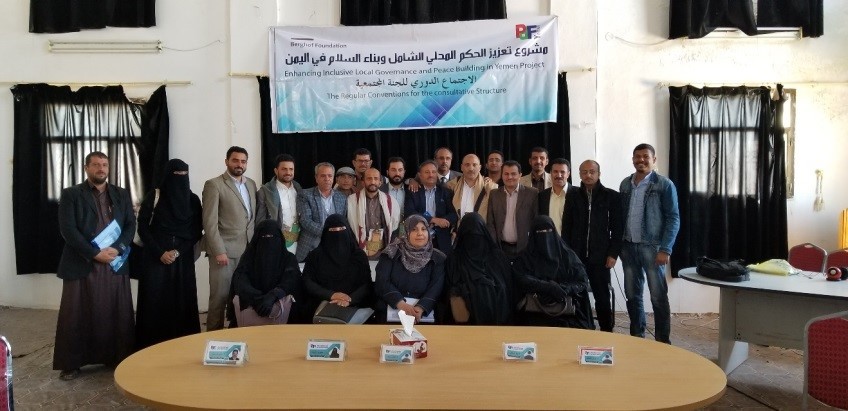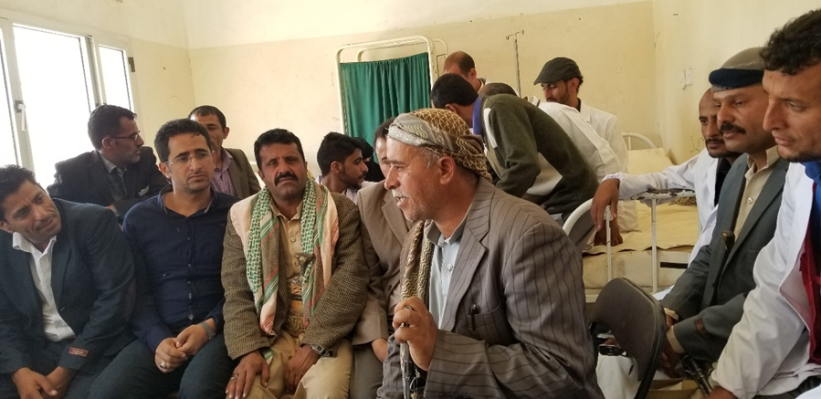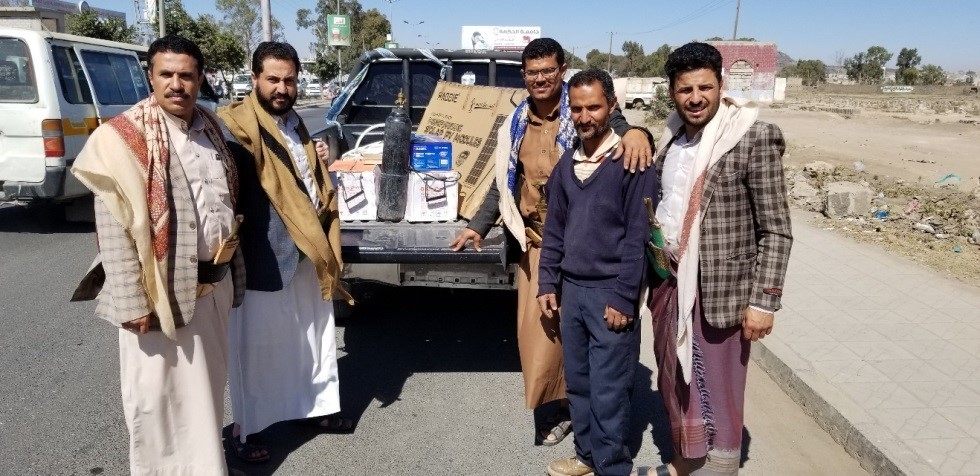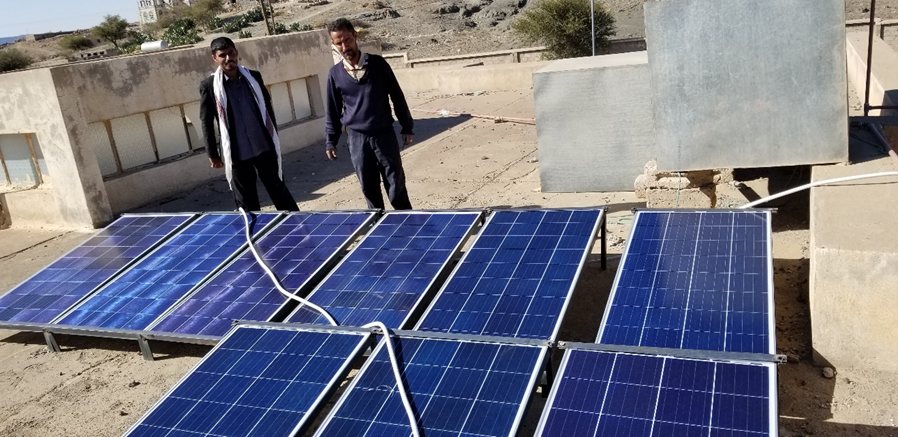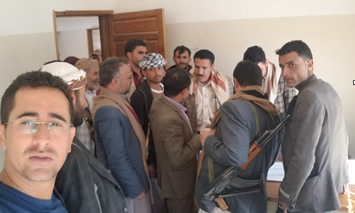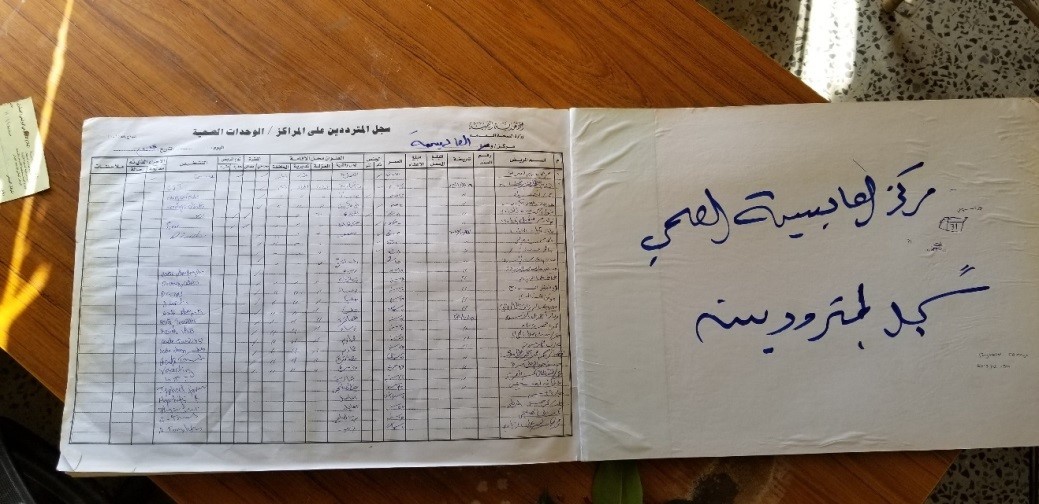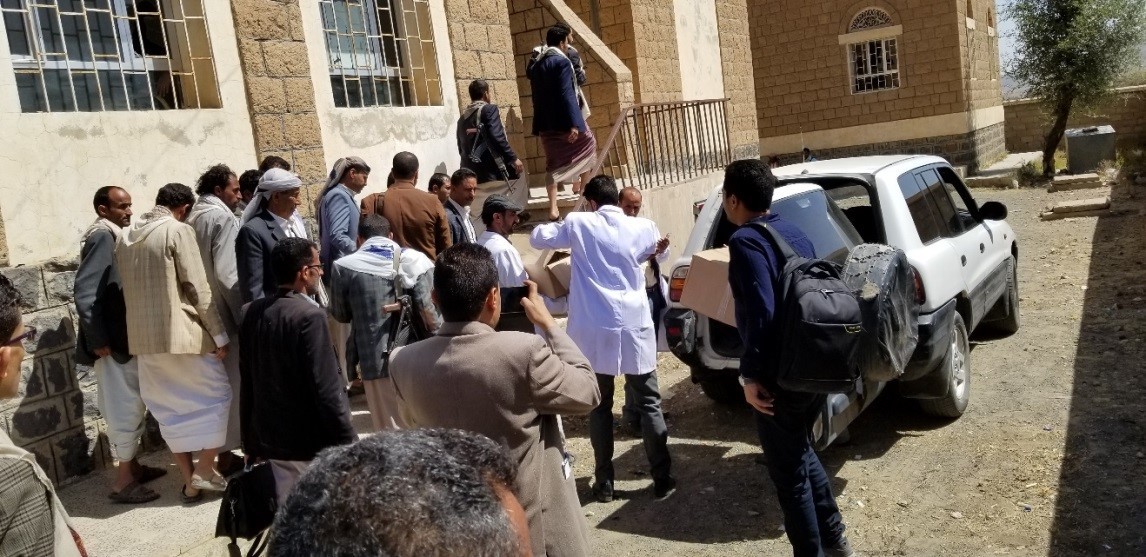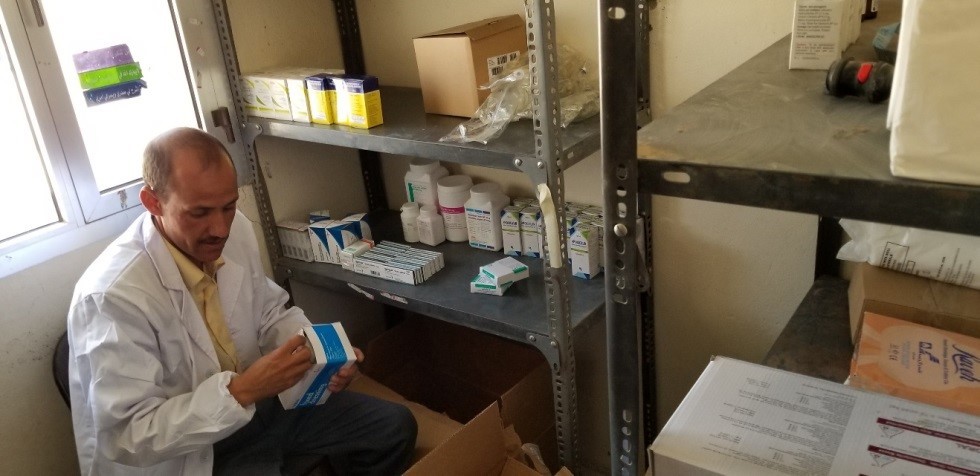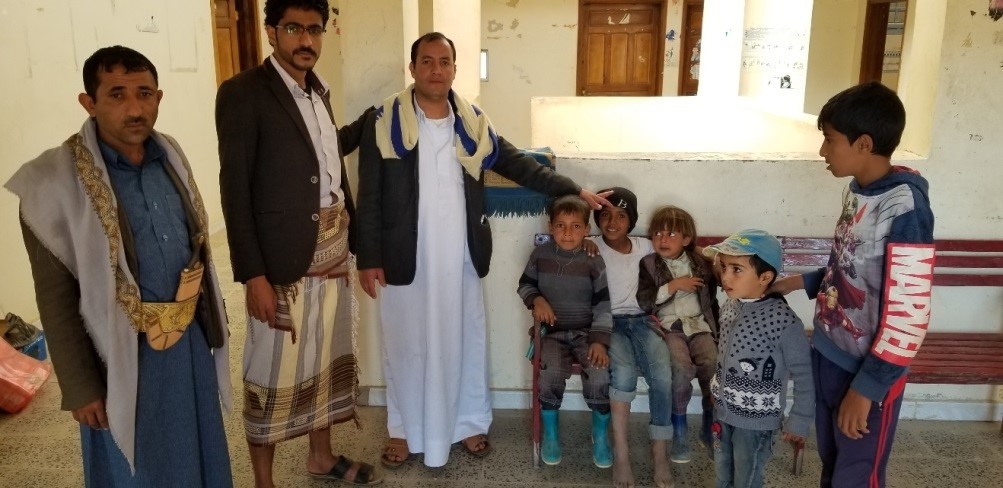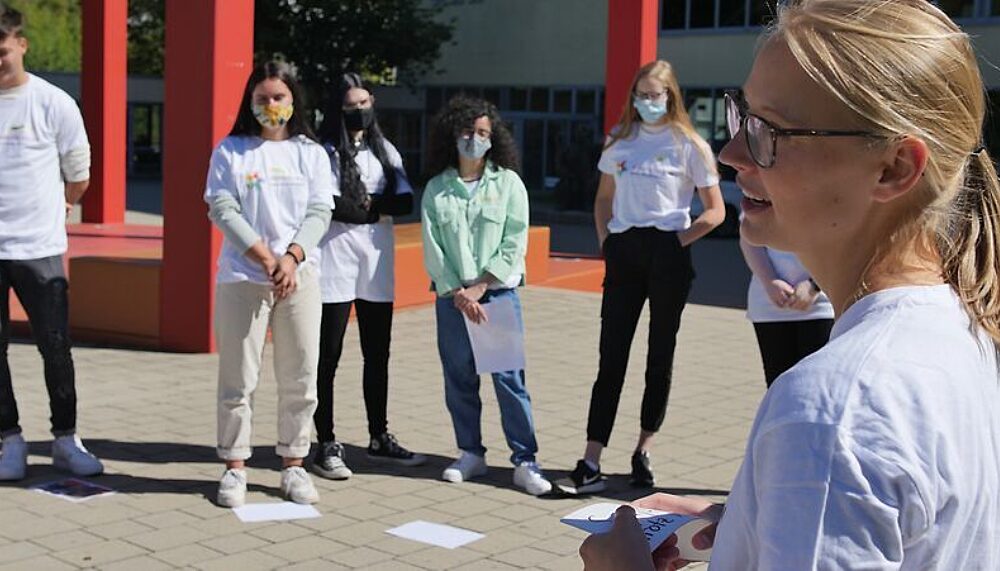STORY
Solving local conflicts to unblock development
An example from Yemen
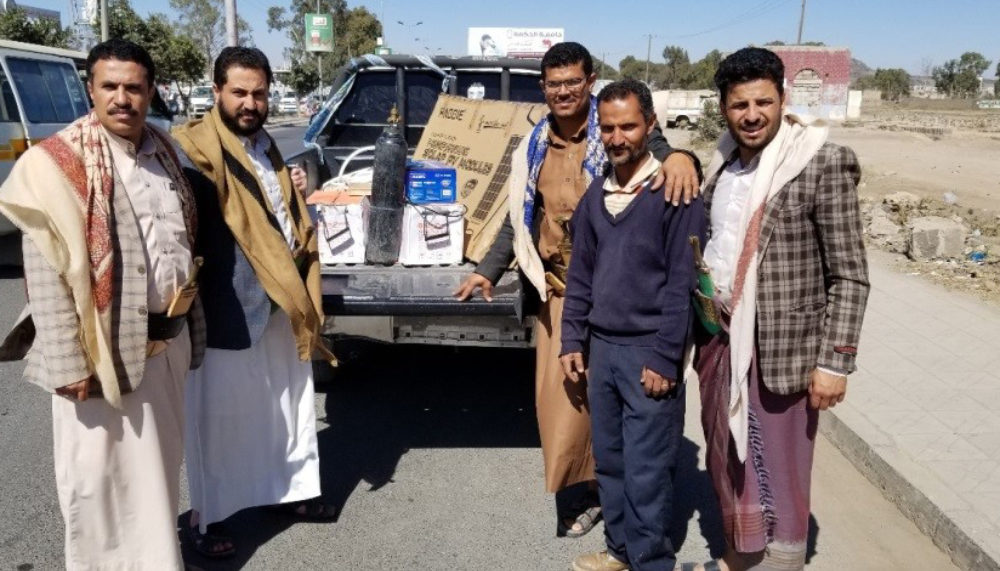
By Hamed al-Faqih, Dhamar Local Coordinator at the Political Development Forum Yemen
In Al-Absiyya, a small village in Yemen’s mountainous central highlands, the brand-new local health centre lay slowly falling apart for the last four years. The centre was opened in 2012, but a local conflict caused the centre’s closure in 2014.
Yemen is in the midst of a drawn-out civil war and is considered the gravest humanitarian crisis in the world today. With famine threatening hundreds of thousands of lives, more than 80 per cent of Yemenis are in need of humanitarian aid. The ongoing war adversely affects everyone. Yet, other, more mundane, concerns continue and local issues often loom far larger than national politics for Yemenis, not least in Al-Absiyya.
These problems are often particularly difficult to tackle as the war has disrupted local governance.
This is why in addition to our national level work aiming to foster political dialogue and mediation to end the war, the Berghof Foundation and our long-standing Yemeni partner organisation, the Political Development Forum, have been trying to strengthen local governance in Yemen since 2017.
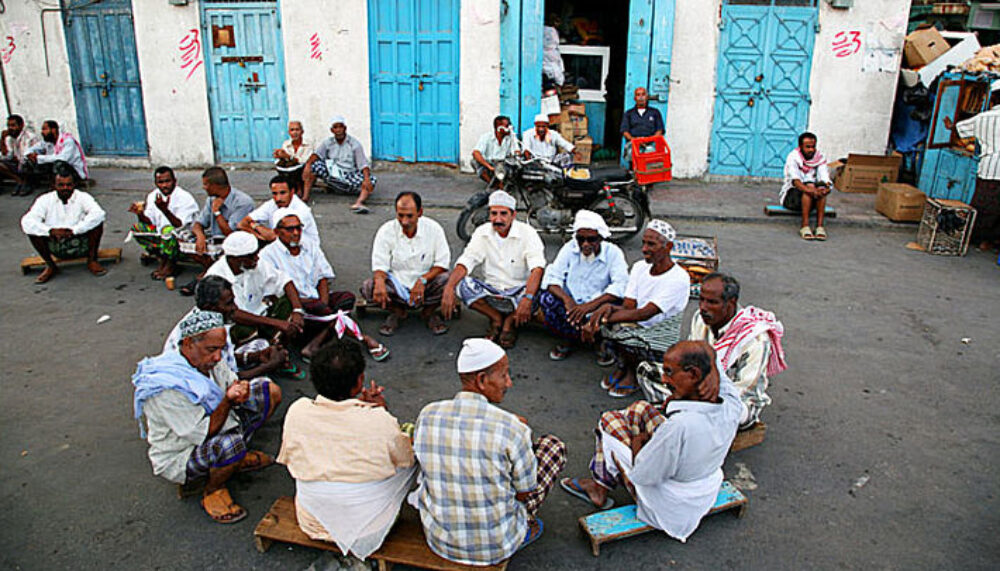
Our work focuses on the governorates Hadhramawt and Dhamar where we supported the two local Governors in establishing inclusive Consultative Committees formed of members of local political parties, the local administration, and representatives of civil society. We provided training for the committees’ members and currently support the coordination of their activities. The committees help to bridge divides between district and governorate level administration, help determine priorities for development projects, provide a forum for consultation and dialogue, and mediate local conflicts in a polarised political setting.
The committee in the Dhamar governorate, where Al-Absiyya is located, is especially active in conflict mediation.
The closure of Al-Absiyya’s health centre in 2014 began as a rivalry between two pharmacies, when a family from Al-Absiyya opened a pharmacy with a window to the health centre's compound. At the same time the centre's manager opened a private pharmacy on the very same compound. The villagers sided with the local family. When the rivalry between the two pharmacies escalated, they kicked the manager out of the village. Without a manager, the health centre could not operate and was shut down. This meant the villagers were left without a hospital or health care facility within a 30 km radius.
To solve the impasse and ensure the local population receives the healthcare services they need, the Consultative Committee intervened and formed a local group to mediate the conflict. This group included three members from Al-Absiyya: the district director and health office manager and the Shaikh of Al-Absiyya, as well as members of the Consultative Committee.
At first, they started with field visits to analyse the conflict and explore possible solutions. Then, they initiated a mediation process with the two conflict parties, the village population and the health centre’s management. A solution for the conflict between the two pharmacies was found and guaranteed by the governor of Dhamar: The district’s health office changed the health centre’s administration cadre, offered new staff and opened a public pharmacy. This means that the centre could reopen and was now also able to hand out free drugs to the population.
The centre treated over 1200 patients and 600 malnutrition cases, supported 23 birth cases and saved the lives of victims of seven accidents.
The Consultative Committee also helped to find the necessary supplies for the functioning of the centre. They managed to get the local business community of the Dhamar district involved and convinced them to provide the centre with medical supplies, a generator and solar panels to supply the centre’s equipment and lighting with power. The rural water office also contributed and supplied water tanks. The UN’s International Organization for Migration provided additional drugs, furniture and financial support for the centre’s staff costs.
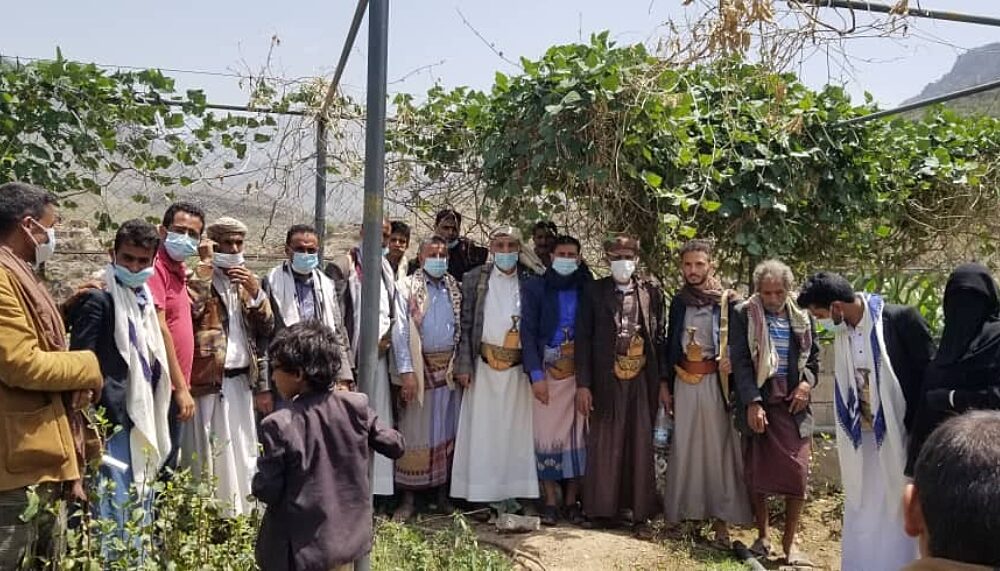
Finally, in October 2018, Al-Absiyya’s health centre could open its doors again. It now serves about 6000 people from the region.
Already in the first three months after the opening, over 1200 patients were treated in the centre. In the nearby sub-districts 23 safe birth cases were supported, numerous pregnant women received medical support and the lives of victims of seven accidents were saved. The centre also treated more than 600 malnutrition cases.
The health centre also coordinates with the district’s health office to send specialised doctors to the centre twice a month. The centre is able to help its patients free of any charge.
The centre’s reopening had a great echo within the region. The Consultative Committee received many requests from neighbouring sub-districts to resolve conflicts. With the committee’s support, several other local health centres, such as Bni Quse health centre, the public hospital in Gahlan Bni Bukhit and the health centre in Ala'amass, reopened.
This shows how mediating local conflicts can save lives.
Your support helps us do more
So much money is spent on war. It’s time to invest in peace. Your donation enables us to sustain and expand our work.
